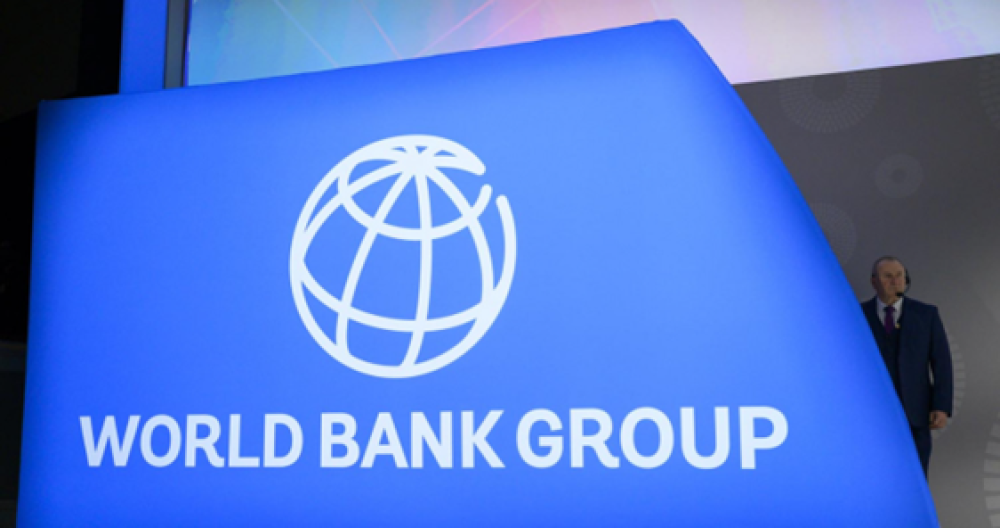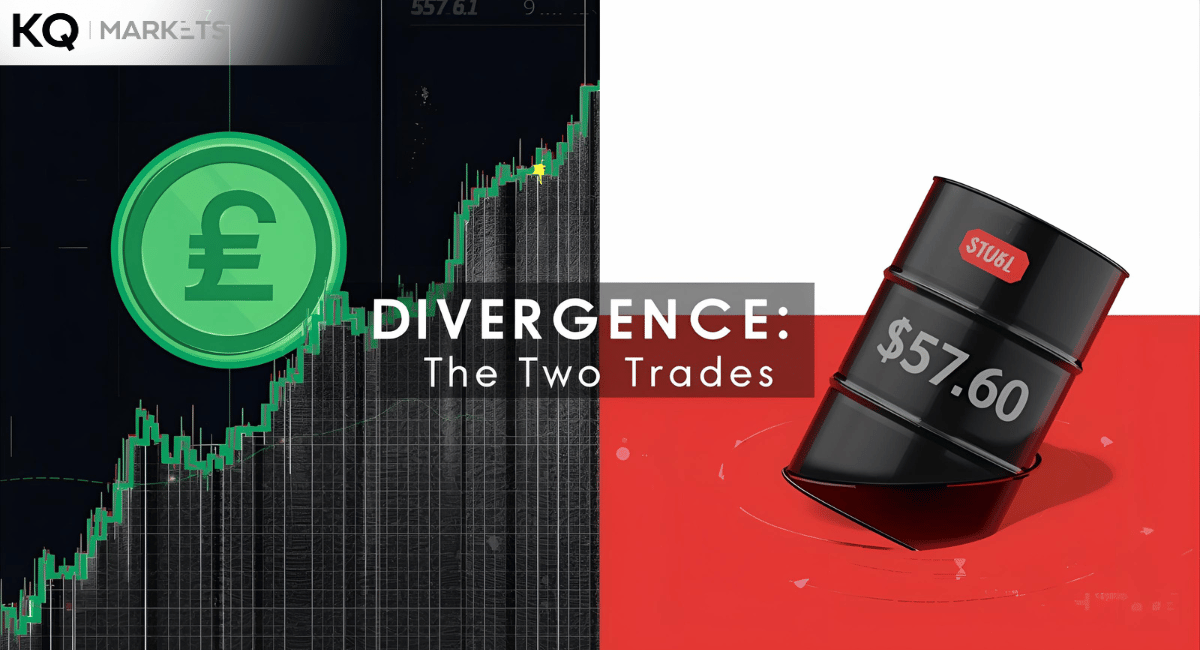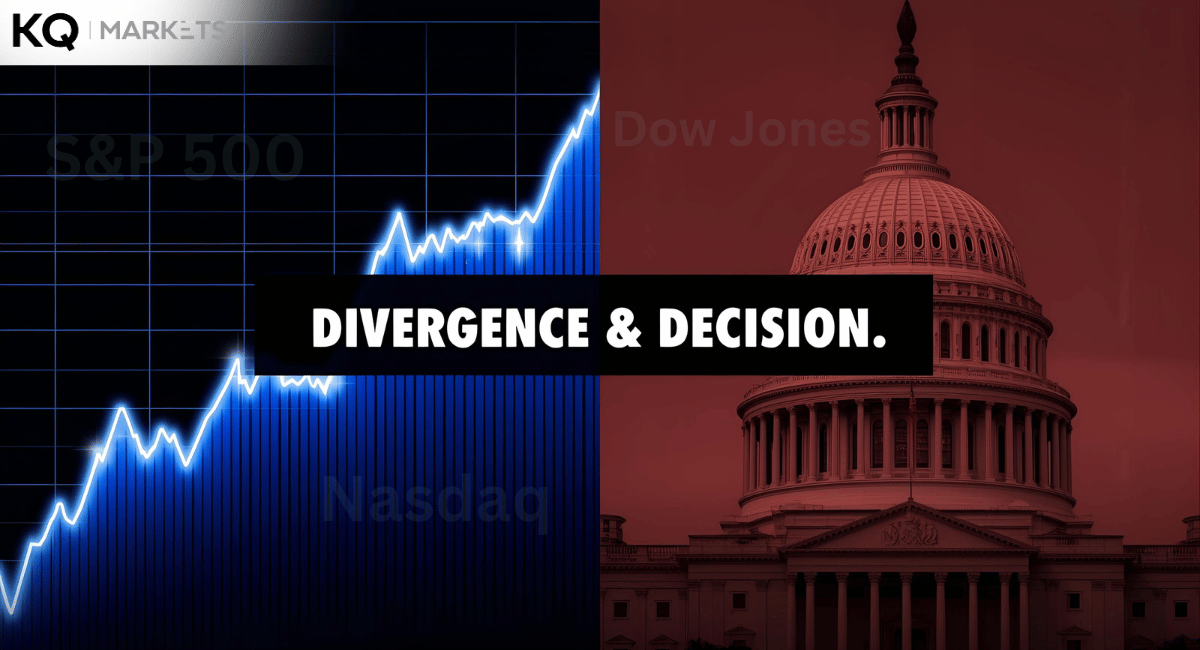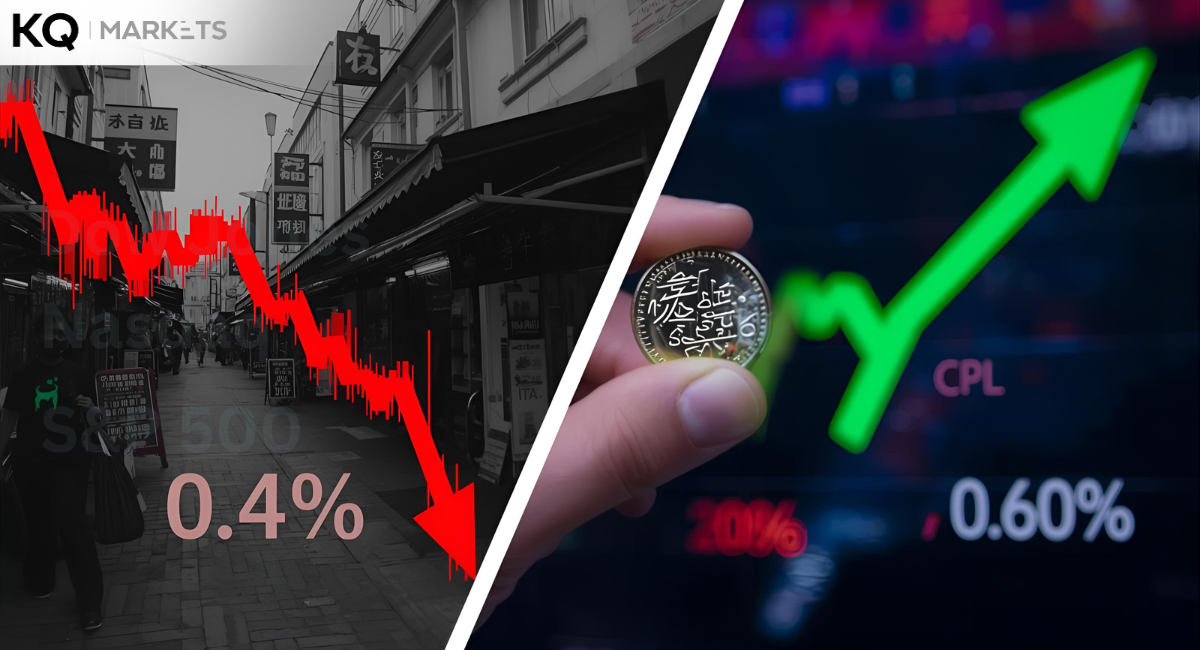The IMF (International Monetary Fund) has warned that the world economy could grapple with financial stability risks due to turbulence in the banking sector. Generally, rising borrowing costs are progressively pressuring debts resulting in stress among leading economies. The head of the IMF says the global economy might expand by as little as 3% in 2023 as rising interest rates, scars of the Covid-19 pandemic, and the war in Ukraine suffocate growth.
The IMF warning comes after a series of warnings from various economic leaders. In any case, risks to financial stability are becoming more evident following the Credit Suisse rescue deal and the Silicon Valley Bank collapse. Transitioning from high borrowing costs to lower rates comes with vulnerabilities and stress. Thus, the ECB (European Central Bank) has also warned that the recent turbulence in banking might limit growth.
The ECB vice president fears that turmoil in the banking industry might dampen inflation aside from lowering economic growth. He explained that the turmoil might result in additional credit rates tightening throughout the Euro area. He also warned that the UK economic outlook after Brexit might have caused a risky trade-off between high inflation and low growth. Central bankers are now facing tough challenges in raising interest rates.
Britain’s public spending watchdog also warned about the negative results of exiting the European Union, claiming it resulted in economic scars deeper than those of Covid-19. In the meantime, the Office for Budget Responsibility believes the Brexit deal lowers the UK’s overall output by about 4%. The office said that while economic stress rises in the US, EU & the UK, non-bank financial institutions might expose more cracks in the world financial system.
Non-bank institutions are outside central banks' supervision and struggle with many challenges amid high-interest rates. For instance, Switzerland regulators are grappling with the Credit Suisse collapse fallout. Public pressure still mounts on the country’s financial regulators after allowing a package of support for Credit Suisse from UBS. Its controversies have worsened the global economic crisis due to the toppling of Switzerland & US financial institutions.
Overall, the Swiss financial regulators announced that they are still considering disciplinary actions against Credit Suisse managers. But financial experts believe it was a lower priority to oversee the deal of the two largest Swiss banks rather than preserve global financial stability.





